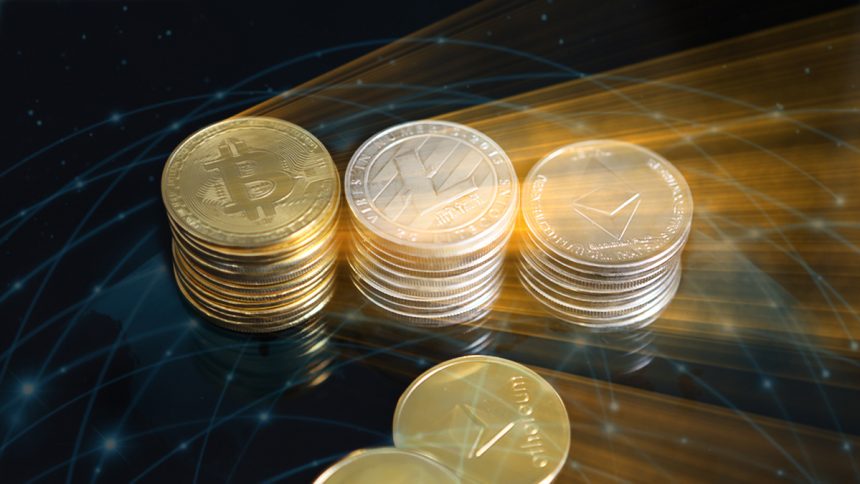South Korea’s leading digital bank KakaoBankhas moved from the research process to the development phase of its stablecoin project indexed to the local currency, the Korean won. According to the news published by Newspim on Wednesday, the company is on its official website. blockchain announced that it is looking for backend developers to work in its services. It was noteworthy that the advertisements requested advanced information on smart contract architecture, token standards and full node operation.
Kakao Group’s Digital Finance Ecosystem Move
KakaoBank, digital finance It first announced its strategy to focus on its field in the first half of 2025. Bank’s Financial Affairs Director Kwon Tae-hoonIn its financial results presentation published in August cryptocurrency He stated that they were evaluating different models, including issuance or custody services. In line with this vision, KakaoBank, together with other financial subsidiaries of the Kakao Group, established a special task force to coordinate won-denominated stablecoin efforts.
If in June KakaoPayaccelerated the corporate preparations of the project by applying for six different trademarks for the stablecoin project (PKRW, KKRW, KRWP, KPKRW, KRWKP and KRWK). The applications in question symbolize the combination of both Kakao and KakaoPay brands with the Korean won (KRW).
Cryptocurrency Race Between Technology Giants
of cocoa stablecoin The move comes on the heels of news that Naver is developing a digital wallet for a local stablecoin project in Busan. Naver Financial, the country’s largest crypto exchange upbit It is reported that it is in the process of merging with. NaverPay has 30 million monthly active users and KakaoPay has 24 million monthly active users. Considering South Korea’s population of 51.7 million, the total user network of the two platforms is spread almost throughout the country.
Both technology giants aim to transform their large user bases into the new growth engine of digital finance. In particular, South Korean President Lee Jae Myung’s definition of the local stablecoin market as part of the strategy to protect national currency sovereignty determines the direction of the sector. However, the fact that lawmakers have not yet been able to create a permanent legal framework causes the regulatory process to proceed on controversial grounds between the Bank of Korea and industry players. While the Central Bank advocates that only registered banks issue won-based stablecoins, this approach attracts reaction from fintech companies.





